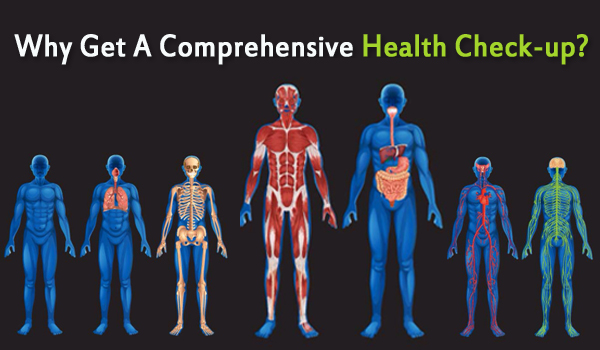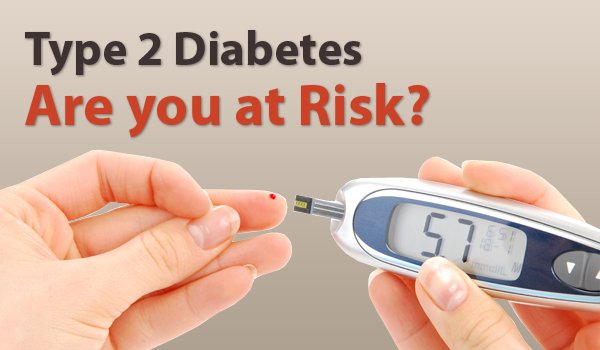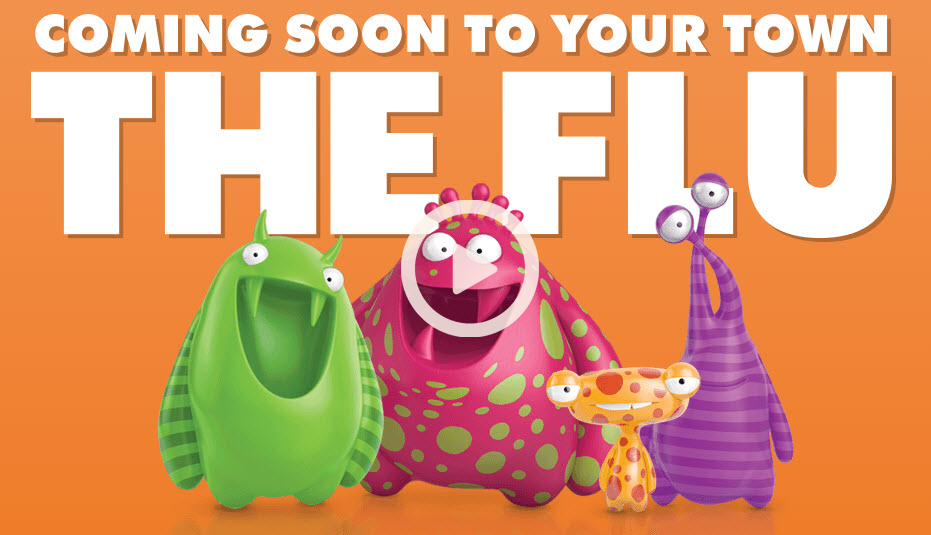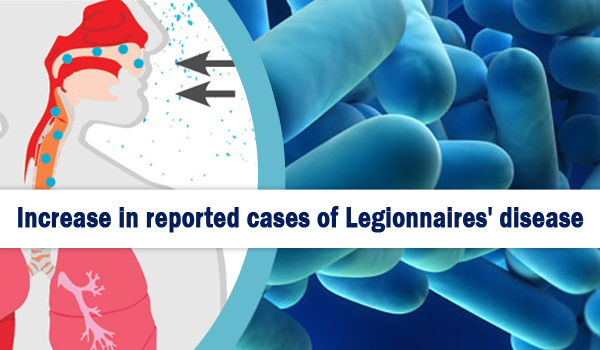People accessing health services are likely to demonstrate higher rates of smoking than the general population.
Advice from a health professional is the greatest external trigger in prompting someone who smokes to attempt to quit.
It could be as simple as a one minute conversation with a health prompts a person to make a quit attempt.
Research shows smokers who quit at age 50 halve their risk of death caused by smoking, while quitting by age 30 avoids almost all of the excess risk associated with smoking.
The good news is that as soon as we stop smoking, your body starts recovering.
Within 12 hours of your last cigarette, blood carbon monoxide levels are much lower and after a year, the risk of coronary heart disease will be half of what it once was as a smoker.
If you’re a social smoker wanting to quit, it can help to ask friends to discourage you from smoking in social situations.
The idea that low-level smoking doesn’t do you any harm is a dangerous myth, Professor David Currow of the Cancer Institute NSW said.
Social smokers often don’t think of themselves as smokers, he said, so they don’t believe health warnings about smoking apply to them.
But the bottom line is every cigarette exposes your body to harmful chemicals.
“There’s no safe level of smoking. What’s more, the negative health effects add up across your life,” he said.
There are many services and products available to help people quit. The Quit website is a great place to start.
Smoke-free health services
The Tobacco Act 1987 (Tobacco Act) prohibits smoking within four metres of building entrances (pedestrian access points) to public hospitals and registered community health service in Victoria. The use of electronic cigarettes is also prohibited in all legislated smoke-free areas.
Under the Tobacco Act, smoking is also banned inside hospital buildings.
Ideas for kicking the habit:
- understand your smoking habit – what are your triggers or routines that contribute to the urge to smoke
- work out why you want to quit (health, money, role model, pregnancy)
- prepare yourself – choose how and when you are going to quit, practice, plan an alternative activity to counter temptation and withdrawal symptoms (exercising?), get the right support.
Please read for more support and advice.
https://www.vichealth.vic.gov.au/be-healthy/be-healthy-quit-smoking
http://www.abc.net.au/news/health/2017-12-07/will-an-occasional-cigarette-damage-your-health/9087438








